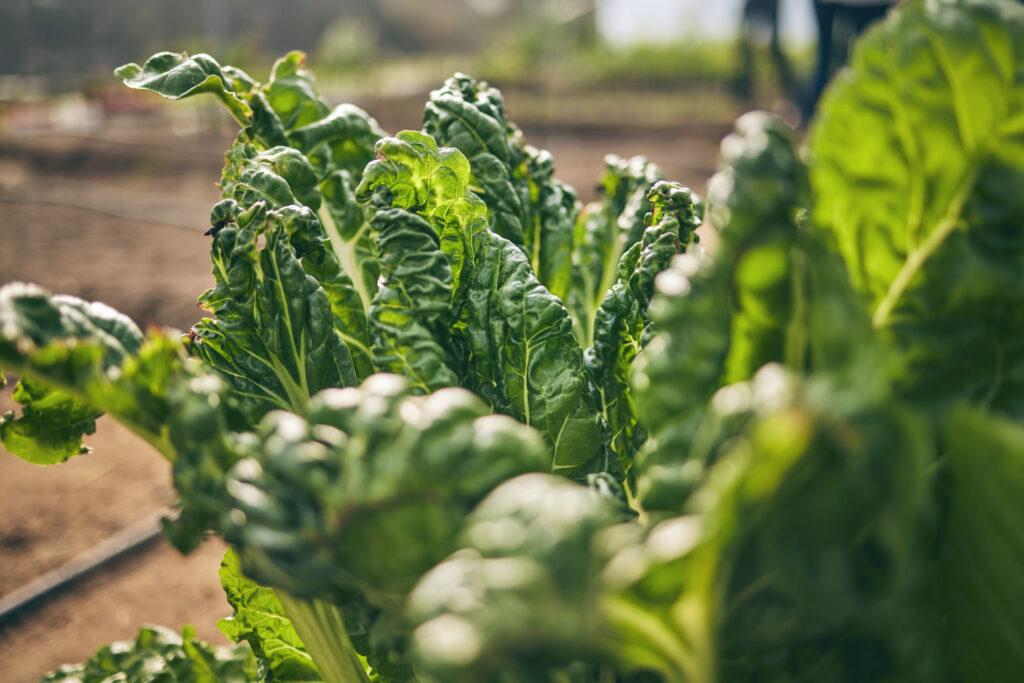Summary of Effect of Biostimulant Application on Plant Growth, Chlorophylls and Hydrophilic Antioxidant Activity of Spinach (Spinacia oleracea L.) Grown under Saline Stress. Biostimulants Support Spinach by helping plants tolerate saline stress while maintaining yield, leaf growth, and nutritional quality. Salinity is a major challenge in irrigated lands, reducing biomass and performance of leafy vegetables such as spinach. To overcome these effects, vegetal-derived protein hydrolysates were applied weekly as foliar sprays to improve spinach resilience and productivity.
Why Biostimulants Support Spinach under Saline Conditions
Salinity stress disrupts plant water uptake and nutrient balance, leading to weaker photosynthesis and reduced yield. However, biostimulants support spinach by enhancing chlorophyll content, stimulating root and shoot development, and activating antioxidant defenses. In this study, spinach plants were irrigated with different saline water levels (EC0, EC3, EC6, EC9) and treated weekly with protein hydrolysates of vegetal origin.
Effects of Biostimulants on Spinach Growth and Yield
The results confirmed that biostimulants support spinach growth and yield even under moderate salinity. Treated plants showed higher SPAD index and total chlorophyll, indicating improved photosynthetic efficiency. Yield increased significantly at EC3 and EC6, reaching values comparable to the control treatment without salinity stress. In addition, the number of leaves per meter rose under biostimulant treatment, reflecting stronger vegetative growth and greater productivity.
Biostimulants Improve Spinach Quality and Antioxidant Activity
Beyond yield, natural biostimulants enhance spinach quality by boosting important nutritional traits. Treated plants displayed a marked increase in hydrophilic antioxidant activity, a key factor for consumer health and product value. The combination of higher chlorophyll levels and antioxidant activity highlights the dual benefit of protein hydrolysates: helping spinach tolerate salinity while improving its nutritional profile.
Conclusion: Sustainable Strategies for Spinach Production
This greenhouse experiment demonstrates that biostimulants support spinach production by safeguarding yield, quality, and resilience under saline irrigation. Protein hydrolysates of vegetal origin represent a sustainable alternative for growers facing limited access to fresh water, ensuring reliable spinach harvests and healthier products for consumers.
Publication: Horticulturae









